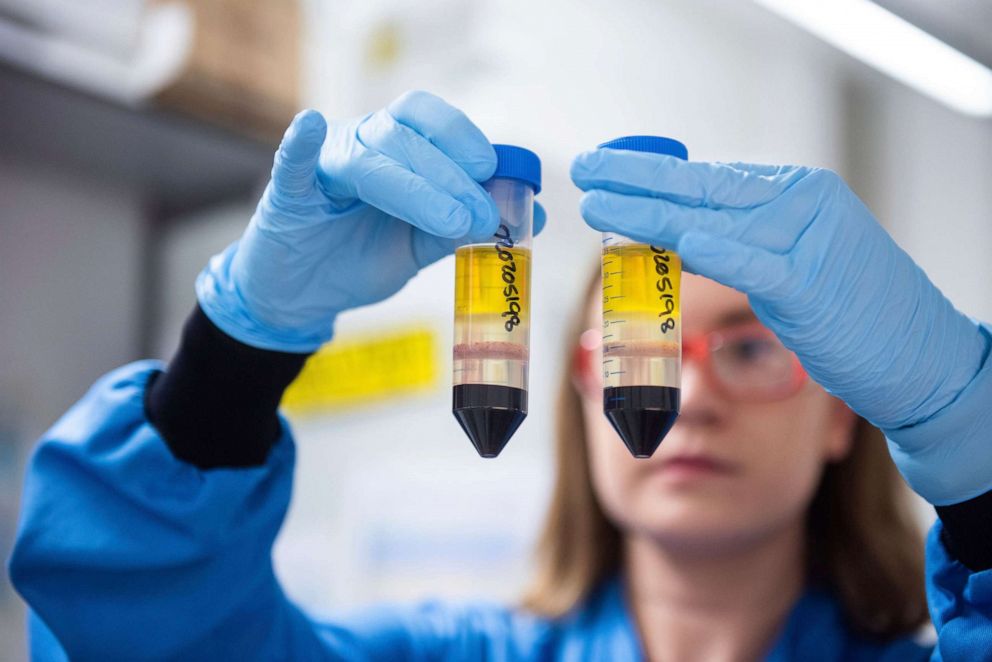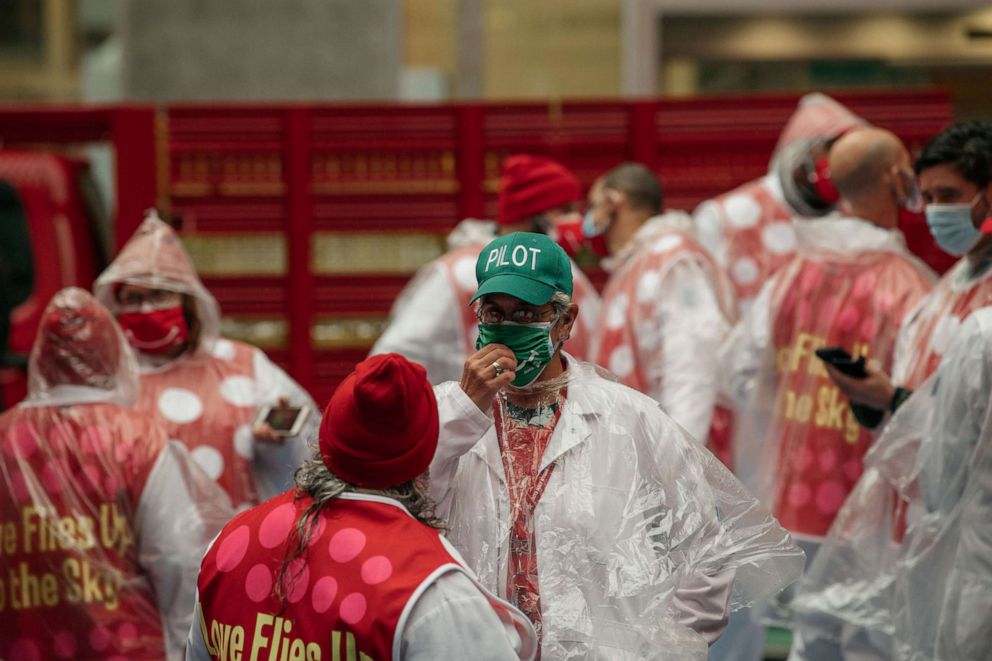UK government asks regulator to assess AstraZeneca/Oxford vaccine
U.K. Health Secretary Matt Hancock said Friday that he has formally asked the country's medicines regulator to assess whether a COVID-19 vaccine developed by AstraZeneca and the University of Oxford "meets rigorous safety standards."
The move comes amid questions about preliminary results from late-stage trials of the vaccine candidate, called AZD1222, after the England-based pharmaceutical giant and the university acknowledged that the most positive findings actually stemmed from a dosing error.
On Monday, researchers announced the interim analysis of Phase 3 trials in the United Kingdom and Brazil, which looked at two different dosing regimens. One regimen showed vaccine efficacy of 90% when AZD1222 was given as a half dose, followed by a full dose at least one month apart. A second regimen showed 62% efficacy when given as two full doses at least one month apart. The combined analysis from both dosing regimens showed an average efficacy of 70%.

Mene Pangalos, AstraZeneca's executive vice president of biopharmaceuticals research and development, later revealed during an interview with Reuters that the half-dose regimen was "serendipity." A portion of the trial -- less than 3,000 volunteers -- had received a lower initial dose by accident, which was only discovered as the group experienced far milder side effects.
"So we went back and checked," Pangalos told Reuters, "and we found out that they had under-predicted the dose of the vaccine by half."
The COVID-19 vaccine candidate is the second to reach the formal assessment stage in the United Kingdom, following one developed by New York City-based pharmaceutical company Pfizer and its German partner BioNTech.






